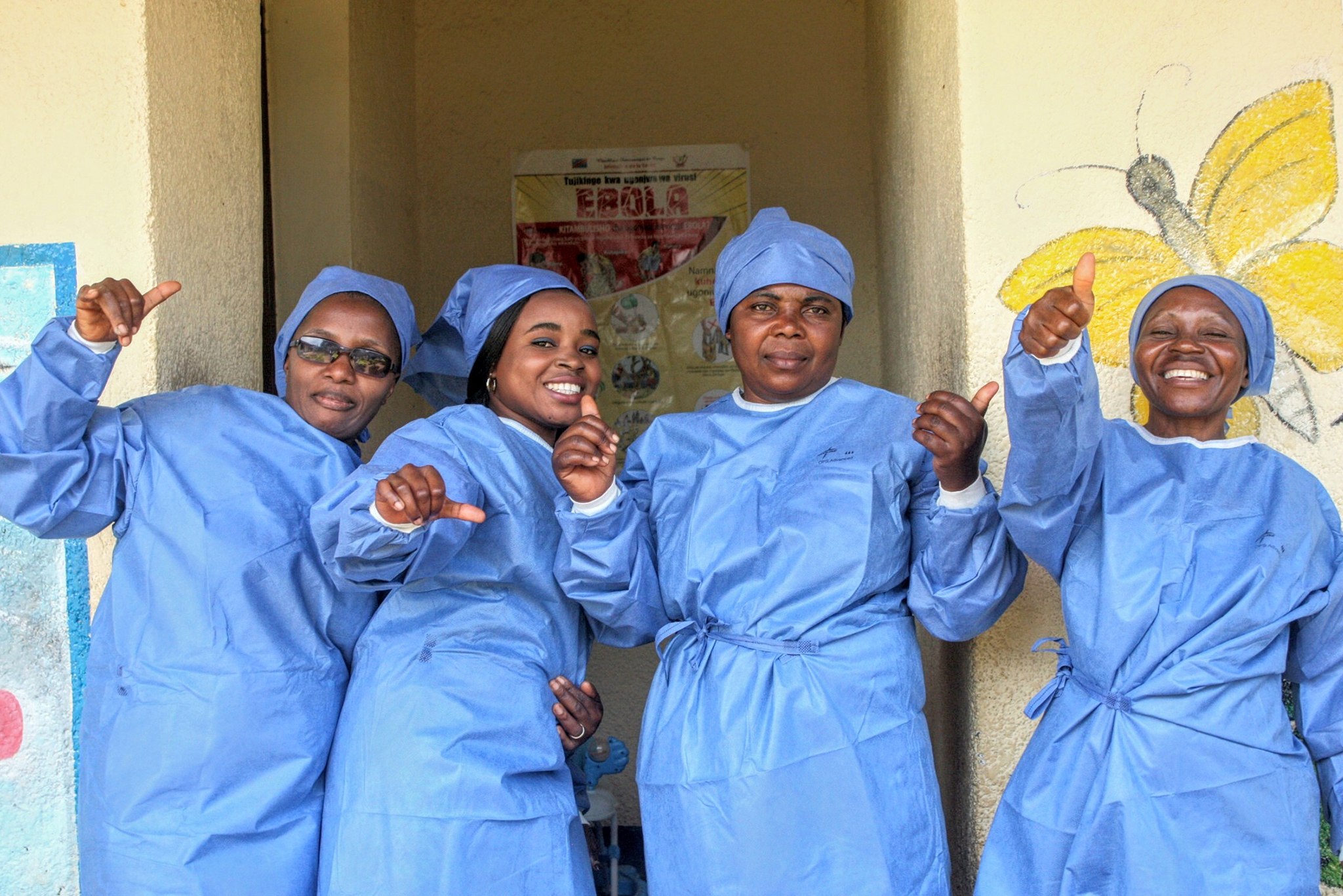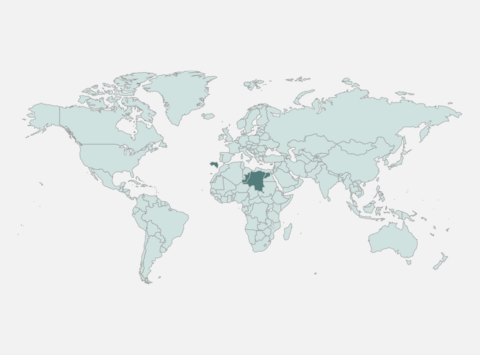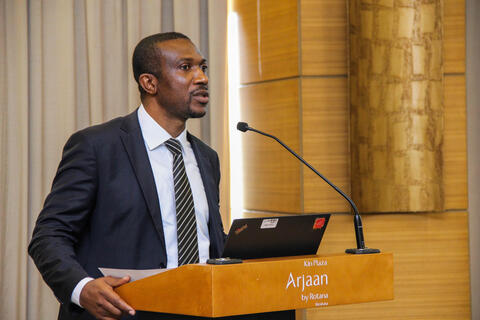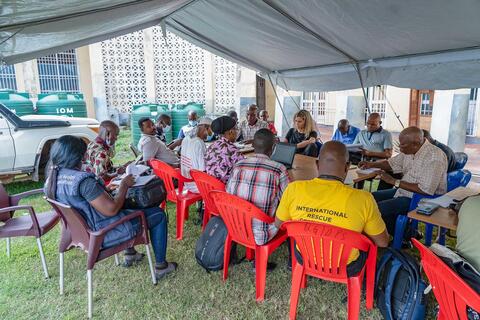Overview
Integrated Outbreak Analytics (IOA) applies a multidisciplinary approach to understanding outbreak dynamics and to inform outbreak response. It aims to drive comprehensive, accountable, and effective public health and clinical strategies by enabling communities, and national and subnational health authorities to use data for operational decision-making. IOA embraces a holistic perspective of outbreak dynamics throughout: from the trigger questions to the data that are collected or accessed, to the interpretation of results and the recommendations that follow. In addition, IOA promotes co-development and monitoring of evidence informed actions.
IOA is produced through partnerships and a multi-disciplinary community of practice. It is primarily a field-based initiative that leverages support from national, regional, and international experts to reinforce pre-existing local capacity. In response to the growing demand for IOA technical guidance and support, a network of agencies and organizations engaged with this approach, formed in 2020 under the Global Outbreak Alert and Response Network (GOARN). This IOA Initiative seeks to support health ministries and public health emergency actors to lead accountable and evidence-based outbreak responses through technical expertise (trained local, national, international capacity), guidance (tools, training packages) and knowledge exchange (IOA Network, IOA Field Exchange) as well as identifying IOA subject matter experts. The IOA network mobilizes multiple actors, entities, and organisations.



